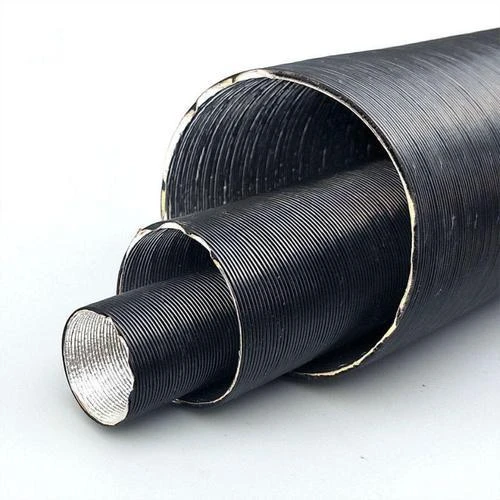air hose rubber vs pvc
Comparing Air Hose Materials Rubber vs. PVC
When it comes to air hoses, selecting the right material can significantly impact performance, durability, and usability. Two of the most commonly used materials in the construction of air hoses are rubber and PVC (polyvinyl chloride). Each material offers distinct advantages and potential drawbacks, making them suitable for different applications. In this article, we will delve into the characteristics of rubber and PVC air hoses, comparing their merits to help you make an informed decision.
Rubber Air Hoses
Rubber air hoses are known for their excellent flexibility and durability. Made from either natural or synthetic rubber, these hoses can withstand extreme conditions, making them ideal for heavy-duty applications. One of the most notable advantages of rubber hoses is their resistance to abrasion, which means they can endure wear and tear in rugged environments.
Furthermore, rubber hoses typically have a higher temperature tolerance compared to their PVC counterparts. They can operate effectively in both low and high temperatures, ranging from -40°F to 190°F (-40°C to 88°C), making them suitable for a variety of jobs, whether in cold weather conditions or in high-heat scenarios such as workshops or construction sites.
Moreover, rubber hoses are often preferred for air tools because they maintain their shape and integrity under pressure, minimizing the risk of kinks and tangles. They are also less prone to becoming brittle over time, which is a common issue with PVC hoses that can lead to crack formation with age.
However, rubber hoses can be heavier and more cumbersome to handle than PVC hoses, and they often come with a higher price tag. The cost is justified by their durability and performance, but for light-duty tasks, this could be an excess.
PVC Air Hoses
air hose rubber vs pvc

PVC air hoses, on the other hand, are lightweight and more flexible, which makes them easy to handle. They are suitable for less demanding applications, such as air supply for inflation, pneumatic tools in lighter duty tasks, and general-purpose air transfer. Due to their lightweight nature, PVC hoses are easier to transport and maneuver, making them a popular choice for home users and DIY enthusiasts.
One of the significant advantages of PVC air hoses is their cost-effectiveness. Generally, they are more affordable than rubber hoses, which can be a critical factor for individuals or businesses on a budget. Additionally, PVC hoses are resistant to many chemicals and have good insulation properties, which can protect them from some environmental threats.
However, PVC hoses have limitations when it comes to extreme temperature resilience. They usually operate within a temperature range of 25°F to 150°F (-4°C to 65°C), and prolonged exposure to high temperatures can cause them to become brittle or warp. This limitation restricts their usage in more extreme environments.
Also, while they are initially more flexible, PVC hoses can be more prone to kinks and tangles, which can affect airflow and performance during use. Over time, as they age, they may also show signs of wear more quickly compared to rubber hoses.
Conclusion
In summary, the choice between rubber and PVC air hoses depends largely on your specific needs. If you're looking for a durable, temperature-resistant hose that can handle heavy-duty tasks and offer longevity, rubber air hoses are likely the better investment. However, if your needs are more casual, and you prioritize flexibility and cost, PVC air hoses could be the right choice.
Ultimately, understanding the differences between these two materials will help you select the perfect air hose for your projects, ensuring efficiency and reliability in your air supply tasks. As with any tool, selecting the right hose can make all the difference in achieving the desired outcome in your work.
-
Welded Wire Mesh Panel: Durable, Versatile, and AffordableNewsJul.28,2025
-
Top Quality Oxy Acetylene Hoses for Sale Fit for Welding DemandsNewsJul.28,2025
-
The Future of Pneumatic Air Tubes in IndustryNewsJul.28,2025
-
Superior and Reliable LPG Hose Pipe Solutions for Every NeedNewsJul.28,2025
-
Exceptionally Durable and Versatile Premium Braided PVC TubingNewsJul.28,2025
-
Best Adapters for Connecting Garden Hose to PVC Pipe ConnectionsNewsJul.28,2025














